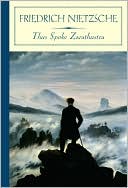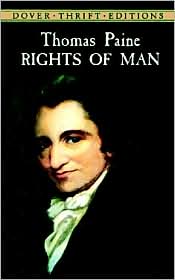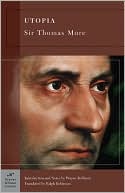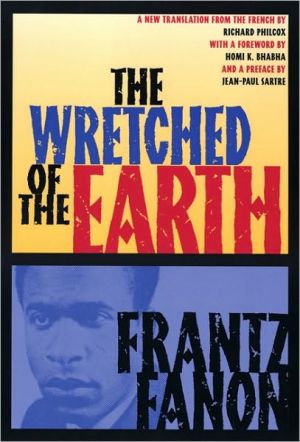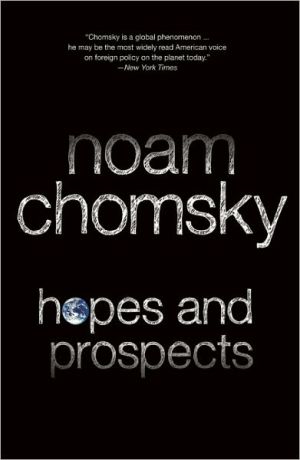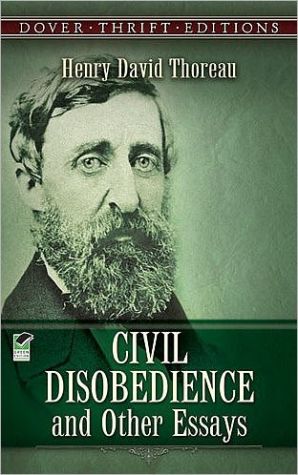Existential America
Europe's leading existential thinkers—Jean-Paul Sartre, Simone de Beauvoir, and Albert Camus—all felt that Americans were too self-confident and shallow to accept their philosophy of responsibility, choice, and the absurd. "There is no pessimism in America regarding human nature and social organization," Sartre remarked in 1950, while Beauvoir wrote that Americans had no "feeling for sin and for remorse" and Camus derided American materialism and optimism. Existentialism, however, enjoyed...
Search in google:
Contrary to Europeans' view of Americans as optimistic and materialistic, Cotkin (history, California Polytechnic State U.) argues that the existentialist approach to life has deep American roots. He explores how America is heir to a rich tradition of thinkers, from Melville to William James, who wrestled with the problems of existence and contingency in the world long before Sartre and his colleagues. Annotation (c)2003 Book News, Inc., Portland, OR Hazel E. Barnes As a richly detailed account of the reception of existentialism in America, this book is unequaled. But it is more than the history of a particular philosophical movement. Cotkin explores the independent expressions of what he calls 'the Existentialist mood' in the work of Americans anticipating or paralleling the thought of European writers. Impeccable in its scholarship, Existential America is also a delight to read. The writing is lively and engaging and reveals, where appropriate, its author's ironic sense of humor.
AcknowledgmentsCh. 1Introduction11741-1949: American Existentialists before the FactCh. 2The "Drizzly November" of the American Soul131928-1955: Kierkegaardian MomentsCh. 3Kierkegaard Comes to America35Ch. 4A Kierkegaardian Age of Anxiety541944-1960: The Era of French ExistentialismCh. 5The Vogue of French Existentialism91Ch. 6New York Intellectuals and French Existentialists105Ch. 7The Canon of Existentialism1341948-1968: Realizing an Existential VisionCh. 8"Cold Rage": Richard Wright and Ralph Ellison161Ch. 9Norman Mailer's Existential Errand184Ch. 10Robert Frank's Existential Vision2101960-1993: Postwar Student and Women's MovementsCh. 11Camus's Rebels225Ch. 12Existential Feminists: Simone de Beauvoir and Betty Friedan252Ch. 13Conclusion: Existentialism Today and Tomorrow277Notes285Essay on Sources329Index347
\ American Historical ReviewNo other book engages existentialism in America so broadly or seeks to make it so central to American intellectual life.\ — Terry A. Cooney\ \ \ \ \ \ Weekly StandardCotkin is at his best in tracing the recognition of the dark side of the human soul that characterizes the best of American literature in Hawthorne, Melville, Poe, Dickinson, and others.\ — Werner J. Dannhauser\ \ \ \ National PostCotkin... makes the unusual argument that existentialism, despite its reputation as quintessentially French, was an equally American phenomenon... Cotkin does a good job showing how much the French thinkers' ideas resonated among prominent Americans.\ — Andy Lamey\ \ \ \ \ \ Village VoiceIn Existential America, intellectual historian George Cotkin proves existentialism's relevance by showing that it was never just a fad; existential sensibilities run deep in our history. Sartre, de Beauvoir, and Camus, who all toured the United States after the war, saw only the country's exterior, its consumerist boosterism. But would it be so surprising if the land of the free were also the land of the searching, the anxious, the alienated? This is, after all, the country of Herman Melville and Edward Hopper... Along the way [Cotkin] drops fascinating anecdotes about how existentialism touched everyone from FDR to MLK, from Whittaker Chambers to Betty Friedan... An engrossing, readable account of a major current in our cultural history.\ — Richard Polt\ \ \ \ \ \ ReasonOne of the great pleasures of reading George Cotkin's brilliant study Existential America is that it explains why existentialism has proved so deeply appealing and enduring in an American context.\ — Nick Gillespie\ \ \ \ \ \ Rain TaxiA useful reference volume for students of philosophy and American culture.\ — Christopher Luna\ \ \ \ \ \ Philadelphia InquirerEntertaining, insightful cultural history... Cotkin's welcome addition to this picture [of the history of existentialism] is to recognize, as too few ever have, America's participation in existentialism and special contribution to it.\ — Carlin Romano\ \ \ \ \ \ GuardianLively and readable... A fine survey of existential 'notions' in America, from the 1600s to the 1970s, when various new forms of French thought became more fashionable. It is quite discerning in the way it separates the various strands of the actual movement known as existentialism and locates its antecedents in various early American authors.\ — Jay Parini\ \ \ \ \ \ CerclesA timely and compelling account of America's engagement with, and involvement in, what might otherwise be seen as a quintessentially European conversation.\ — John Fagg\ \ \ \ \ \ Washington Post Book WorldCotkin excels... in tracing the reception, in these optimistic, practical, can-do United States, of those European ideas and art forms that have mounted a challenge to our received world view.\ — Joshua Glenn\ \ \ \ \ \ American LiteratureThis sweeping survey traces the genealogy of existential philosophy in the United States.\ \ \ \ \ Hazel E. BarnesAs a richly detailed account of the reception of existentialism in America, this book is unequaled. But it is more than the history of a particular philosophical movement. Cotkin explores the independent expressions of what he calls 'the Existentialist mood' in the work of Americans anticipating or paralleling the thought of European writers. Impeccable in its scholarship, Existential America is also a delight to read. The writing is lively and engaging and reveals, where appropriate, its author's ironic sense of humor.\ \ \ \ \ James HoopesAn excellent book by virtue of its breadth of approach. The author has aspired to do far more than write the history of existentialism in America. He uses the subject of existentialism, important enough in its own right, to give a fresh synthesis of much of American intellectual life in the second half of the twentieth century.\ \ \ \ \ Library JournalCotkin (history, California Polytechnic State Univ.) presents an involving and cogent discussion of the connections among the trenchant concepts in American philosophy before World War II, the articulated theories and postures of French existentialism as it was imported here after the war, and late 20th-century American literature and film, which have been shaped by existentialist aesthetics. The essential tenet of existentialism-that each human is condemned to be free seems to have been realized in American cultural history, from Jonathan Edwards to William James to Walter Lowrie's obsessive translation of Kierkegaard for American readers after the Great War. Cotkin provides an excellent gloss on the discrepancies among the existentialisms Americans met in the works of Sartre, Camus, and de Beauvoir, just as he describes how American culture affected these French existentialists. Though existentialism became a fainter force here after 1970, films like Fight Club and American Beauty (both 1999) concern themselves and thus their viewers with existential questions as well as American iconography. Cotkin's intellectual history will engage any American who remembers identifying with Camus's The Stranger as an adolescent, as well as offering students a compelling theory of American culture.-Francisca Goldsmith, Berkeley P.L., CA Copyright 2003 Cahners Business Information.\ \

